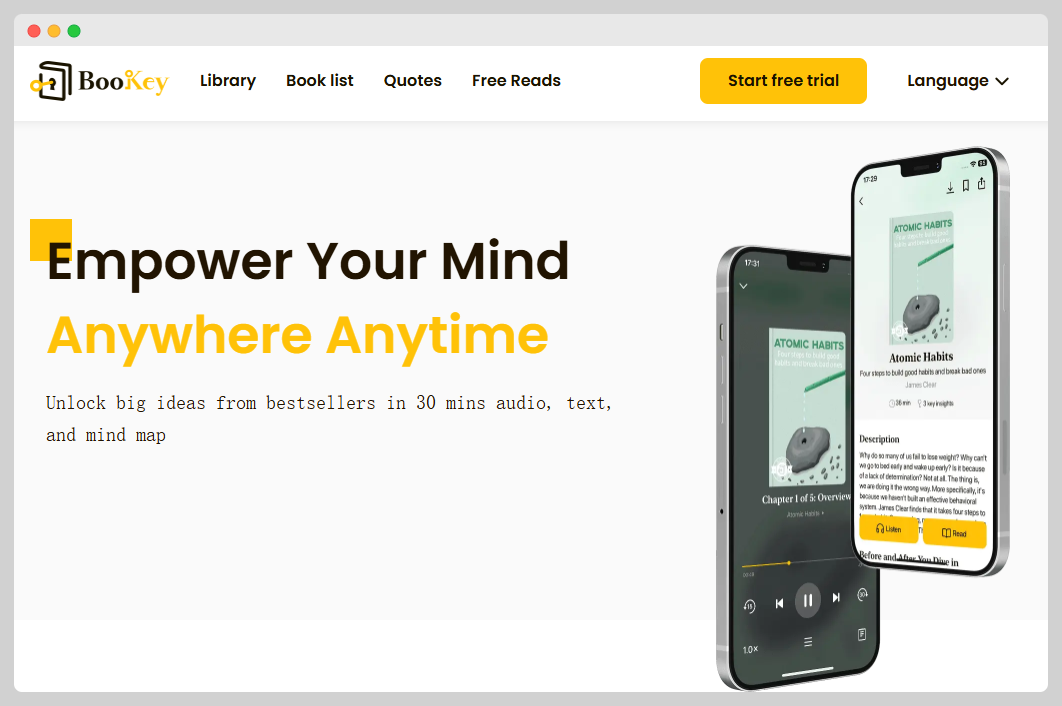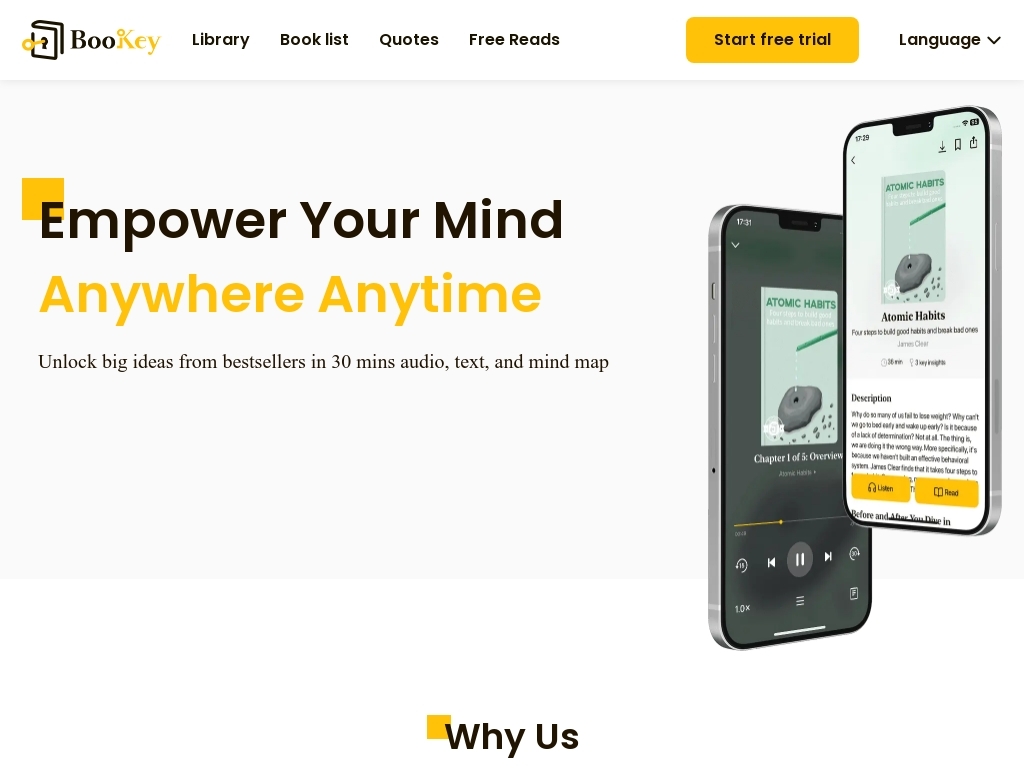How Amir Jabarivasal Built A Book-Swapping App
Who is Amir Jabarivasal?
Amir Jabarivasal, founder of Bookey, is a UCL alumnus who self-taught coding using online resources, transitioning from traditional roles to entrepreneurship driven by his desire to foster community connections through technology.
What problem does Bookey solve?
Bookey allows you to meet people in your area by swapping books, making it easier to connect with others and discover new reads without spending money.


How did Amir come up with the idea for Bookey?
Amir Jabarivasal, motivated by his own feelings of isolation after moving to a new area, identified a lack of community connection as a problem worth solving. Drawing inspiration from his university days, where meeting new people was easy, he wanted to replicate that environment in the real world. Amir began...
Disclaimer: The initial draft of this article was compiled by the Starter Story team based on publicly available interviews, podcasts, and other content from the founder. See the sources we used here.

Download the report and join our email newsletter packed with business ideas and money-making opportunities, backed by real-life case studies.

Download the report and join our email newsletter packed with business ideas and money-making opportunities, backed by real-life case studies.

Download the report and join our email newsletter packed with business ideas and money-making opportunities, backed by real-life case studies.

Download the report and join our email newsletter packed with business ideas and money-making opportunities, backed by real-life case studies.

Download the report and join our email newsletter packed with business ideas and money-making opportunities, backed by real-life case studies.

Download the report and join our email newsletter packed with business ideas and money-making opportunities, backed by real-life case studies.

Download the report and join our email newsletter packed with business ideas and money-making opportunities, backed by real-life case studies.

Download the report and join our email newsletter packed with business ideas and money-making opportunities, backed by real-life case studies.











